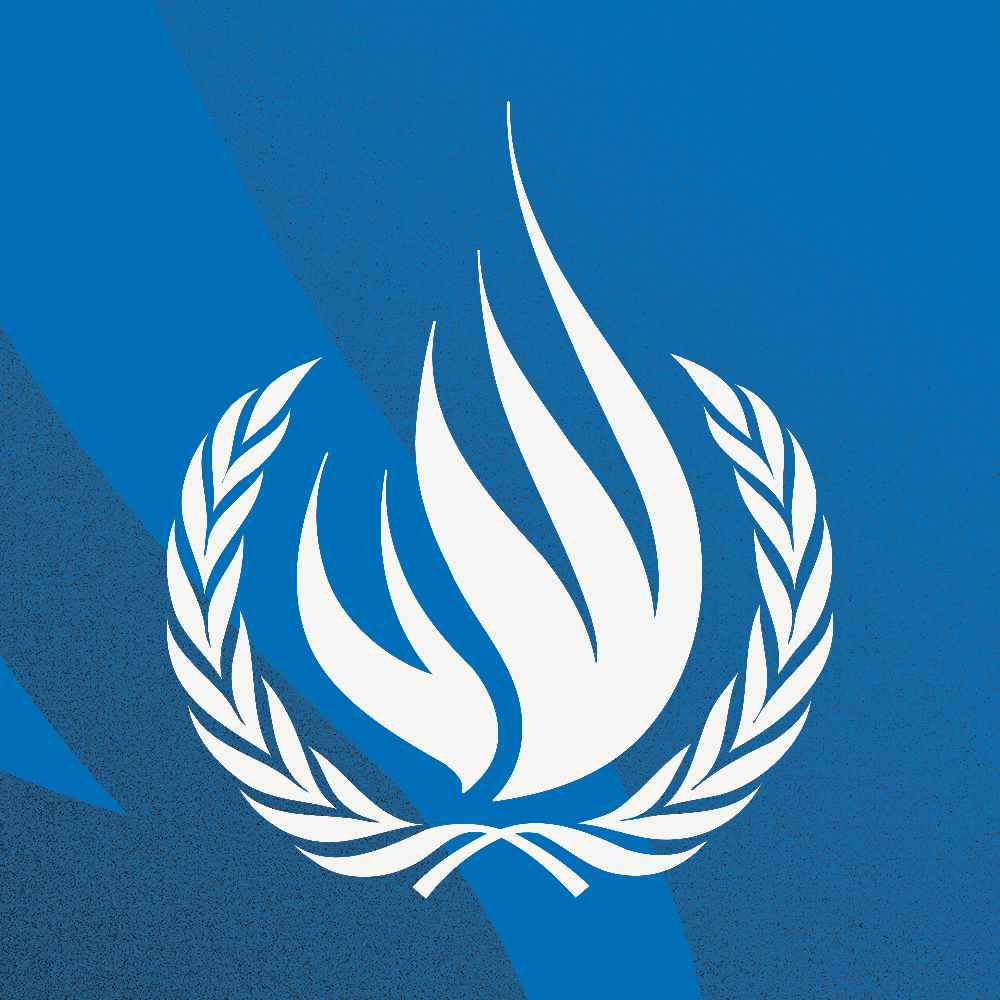
DELIVERED BY
Nada Al-Nashif United Nations Deputy High Commissioner for Human Rights
AT
the 56th session of the Human Rights Council
LOCATION
Geneva
Your Excellencies,
Ladies and gentlemen,
It is my honor to present this oral update, as mandated by Human Rights Council resolution 52/2, requesting the High Commissioner to monitor and report on the situation of human rights in Nicaragua.
Since the last update to the Human Rights Council in March of this year, the human rights situation in Nicaragua remains of grave concern. The Government continues to expand undue restrictions on civic and democratic spaces, while deepening its control over the judiciary and using it to implement a systemic campaign of repression.
The Government’s actions have resulted in a perverse negation of the rule of law, with all the institutions of the justice system being used to persecute its actual or its perceived opponents.
30 individuals (5 women and 25 men) have been arrested since March 2024 in the context of a crackdown on civic space. Overall, at least 23 women and 108 men, are still detained in connection with the human rights crisis, according to civil society reports.
Unlawful and arbitrary arrests are often followed by trials that do not meet basic guarantees of due process and fair trial. Our Office has documented 11 virtual trials held without appropriate procedural guarantees since the last update to the Council in March of this year.
In this environment of sustained repression, detained political opponents, indigenous and religious leaders, academics, and intellectuals, are all held in inhumane prison conditions, adding to the suffering of victims and their families.
Reports received by our Office include cases of detainees placed in prolonged isolation, without access to healthcare, to medication, to hygiene items or to family visits. The lack of access to adequate healthcare affects detainees differently, with individuals with chronic health conditions, being at particular risk and women detainees systematically being denied sexual and reproductive healthcare services.
In some cases, the authorities have even refused to acknowledge the fact of detention, as in the case of National Assembly deputy and indigenous leader Mr. Brooklyn Rivera. Practices of incommunicado detention and enforced disappearance constitute serious human rights violations, putting detainees’ right to life and physical and mental integrity at serious risk. Such treatment could, in some circumstances, also amount to torture.
Our Office is concerned about the situation of Mr. Jaime Navarrete, a participant in the 2018 protests who remains in detention, despite having completed his sentence in January 2023. The Office has received information indicating that his physical and mental integrity are at serious risk.
Our Office has also closely followed developments in the case of prominent human rights defender Doña Vilma Núñez, now 85 years old, and stripped of her nationality as of February 2023. She has since been denied her rights to a pension, to healthcare and to exercising her legal profession. She is subjected to police surveillance and harassment, severely affecting her right to privacy and to family life, among others. I call on the Government to immediately cease this harassment against her, restore her nationality and reinstate her license as a lawyer.
In another trend of concern brought by our Office to the attention of this Council in previous updates, Nicaraguan authorities have pursued their active persecution of members and leaders of religious sects, attacking their institutions in contravention of the right to freedom of religion. Further to our previous reporting to the Council, our Office was informed about several Catholic celebrations cancelled during Holy week due to fear of reprisals. Additionally, since March 2024, eight associations attached to Evangelical Churches have either ceased their activities under pressure or have been stripped of their legal personality by the Ministry of Interior, bringing the total number of dissolved evangelical institutions and associations to 311 since 2019.
Eleven Evangelical leaders were arrested in December of last year and have been deprived of access to their families or to a lawyer for nearly seven months. They were convicted of money laundering in trials that did not respect due process guarantees.
Your Excellencies,
It is not too late. The deteriorating human rights situation in Nicaragua can still be reversed, and respect for the rule of law restored. I call on the authorities to immediately release all those arbitrarily detained; to allow communication and visits by lawyers and relatives to all persons in detention; and to restore the rights of all those arbitrarily deprived of their nationality.
Protecting civic and democratic space and rebuilding rule of law institutions are first steps in the reversal of the serious erosion of the civil and political rights that Nicaragua has suffered since 2018, towards fostering genuine reconciliation and sustainable peace.
In that regard, I urge the Government to review its laws and its policies and to engage with national actors and the international community to ensure that human rights can be protected for all in Nicaragua.
I also call on the authorities to engage constructively with our Office and with United Nations human rights mechanisms in general, in line with the principles of the United Nations Charter and the Universal Declaration of Human Rights.
Thank you.







